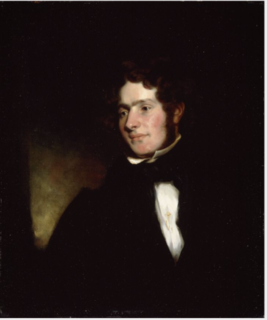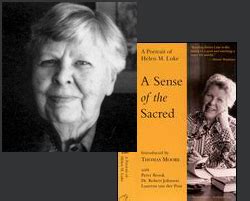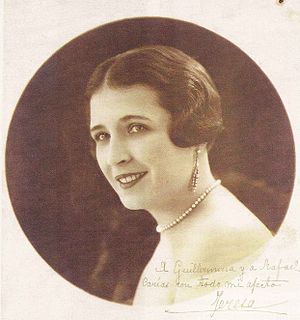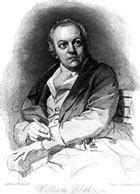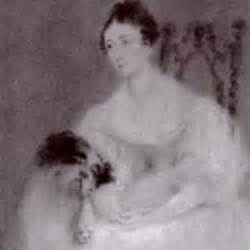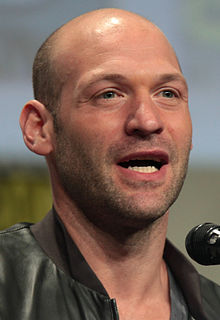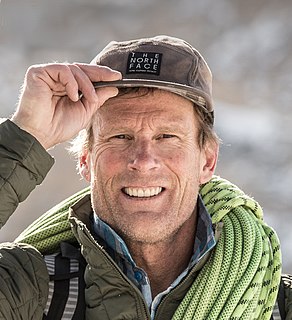A Quote by Samuel Lover
To return after long years of painful absence to some place which has been the scene of our former joys, and whence the force of circumstance, and not choice, has driven us, is oppressive to the heart.
Related Quotes
But often, in the world’s most crowded streets, But often, in the din of strife, There rises an unspeakable desire After the knowledge of our buried life; A thirst to spend our fire and restless force In tracking out our true, original course; A longing to inquire Into the mystery of this heart which beats So wild, so deep in us—to know Whence our lives come and where they go.
Memories do not change, and change is the law of existence. If our dead, the closest, the most beloved, were to return to us after a long absence and instead of the old, familiar trees were to find in our souls English gardens and stone walls - that is to say, other loves, other tastes, other interests, they would gaze upon us sadly and tenderly for a moment, wiping away their tears, and then return to their tombs to rest.
The Fourteenth Amendment, after the civil war, in principle brought former slaves into the category of persons, theoretically. But if you actually look, almost all the cases brought up for personal rights under the Fourteenth Amendment were by corporations. Freed slaves couldn't do it. In fact they were pretty much driven back into something like slavery by a north - south compact, that allowed former slave states to criminalize black life, which made a criminal force that was basically used as a forced labor force, up until the 1930s.
The greatest joys and the greatest sorrows we experience are in family relationships. The joys come from putting the welfare of others above our own. That is what love is. And the sorrow comes primarily from selfishness, which is the absence of love. The ideal God holds for us is to form families in the way most likely to lead to happiness and away from sorrow.
Life seems somehow less shocking, painful, and lonely - and more hopeful, agreeable, and beautiful - when our experiences are confirmed by those of others. Although each of us is unique, there are familiar responses and doubts and joys that let us know we have kin. We are not, after all, too strange to live.
It's like you might have some great scene that you love but for some reason - and you can't necessarily put your finger on it - the movie's not working or it seems slow or ponderous in some way, and even though it has your favorite scene in there, actually the favorite scene is the culprit. That's the painful thing about editing, is trying to locate those things that are holding the movie back and then having the guts to cut them. And it is painful to do it.
